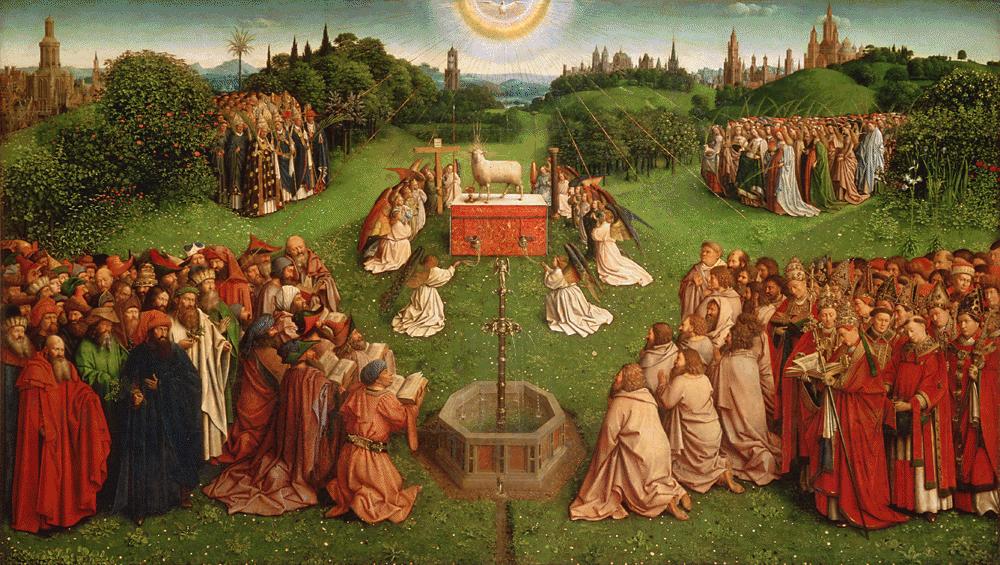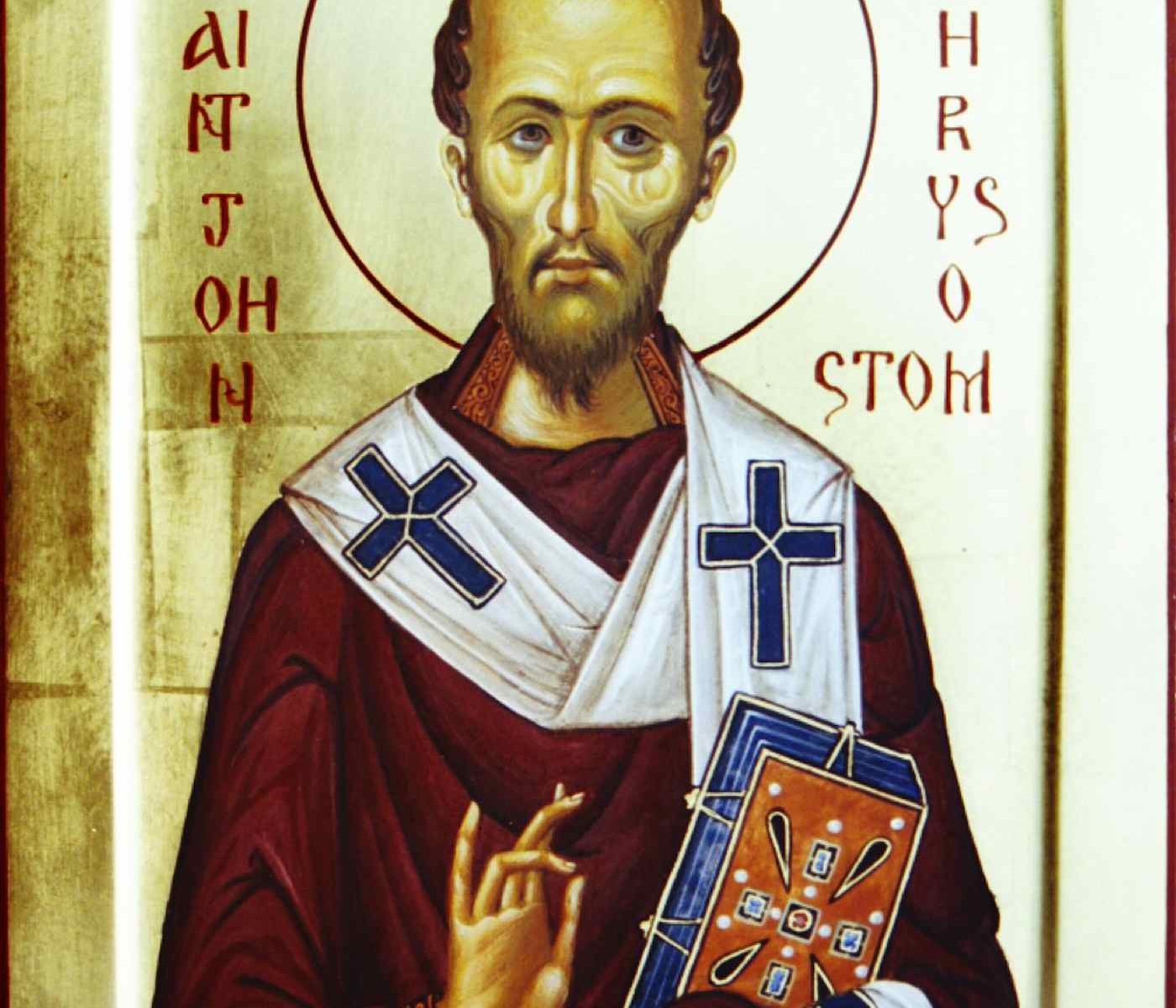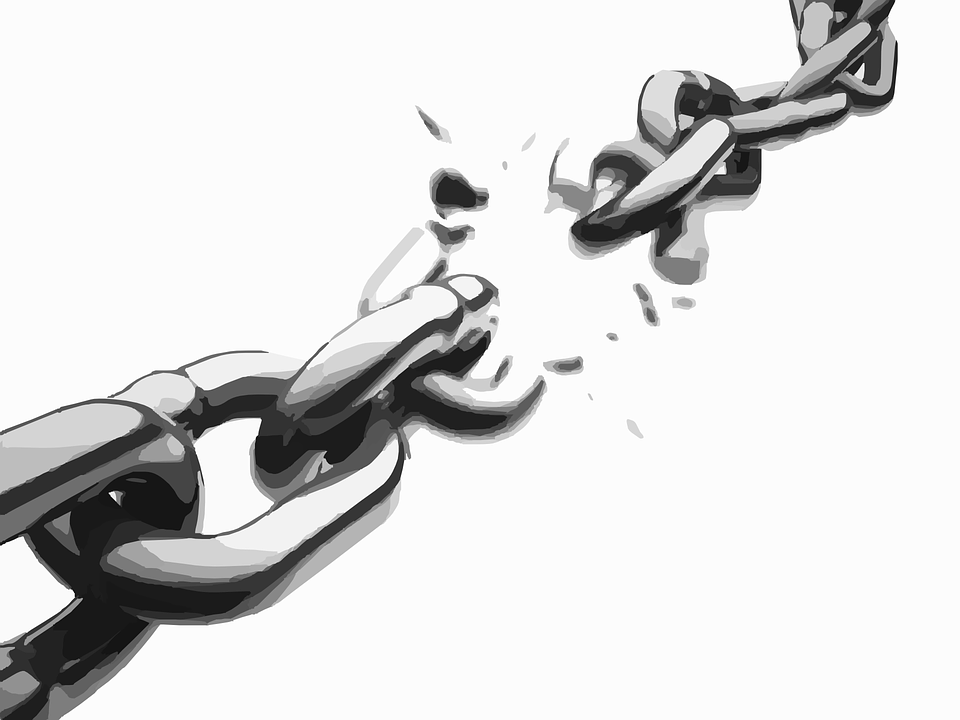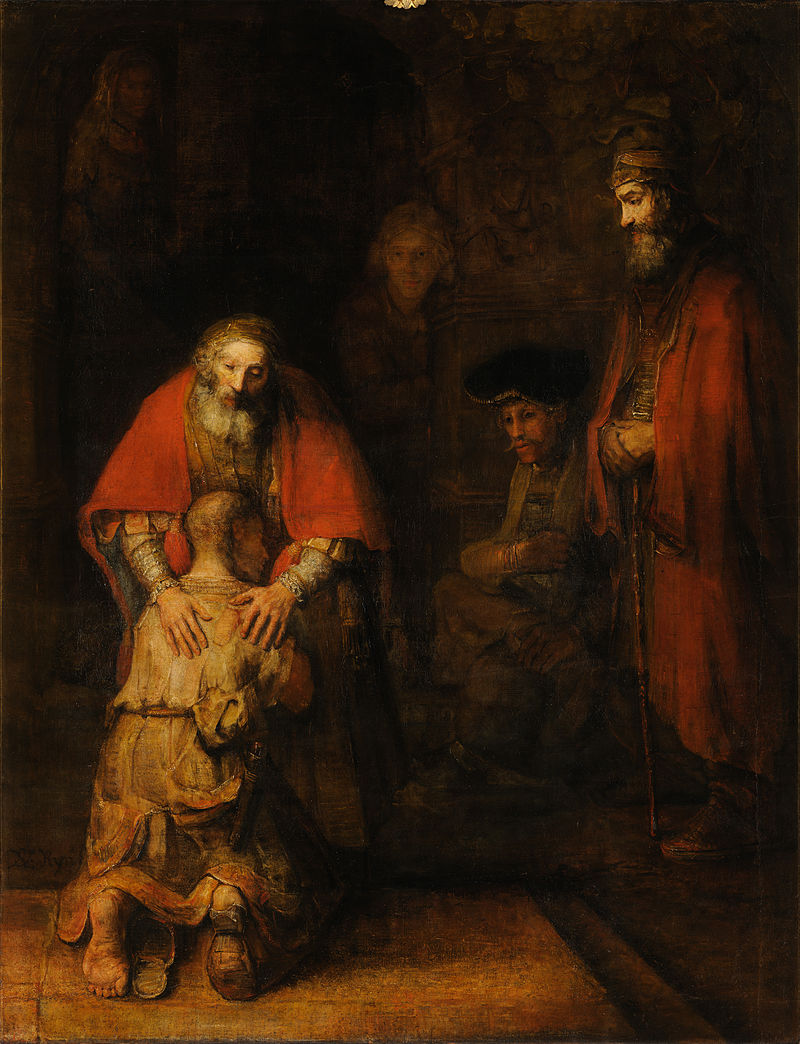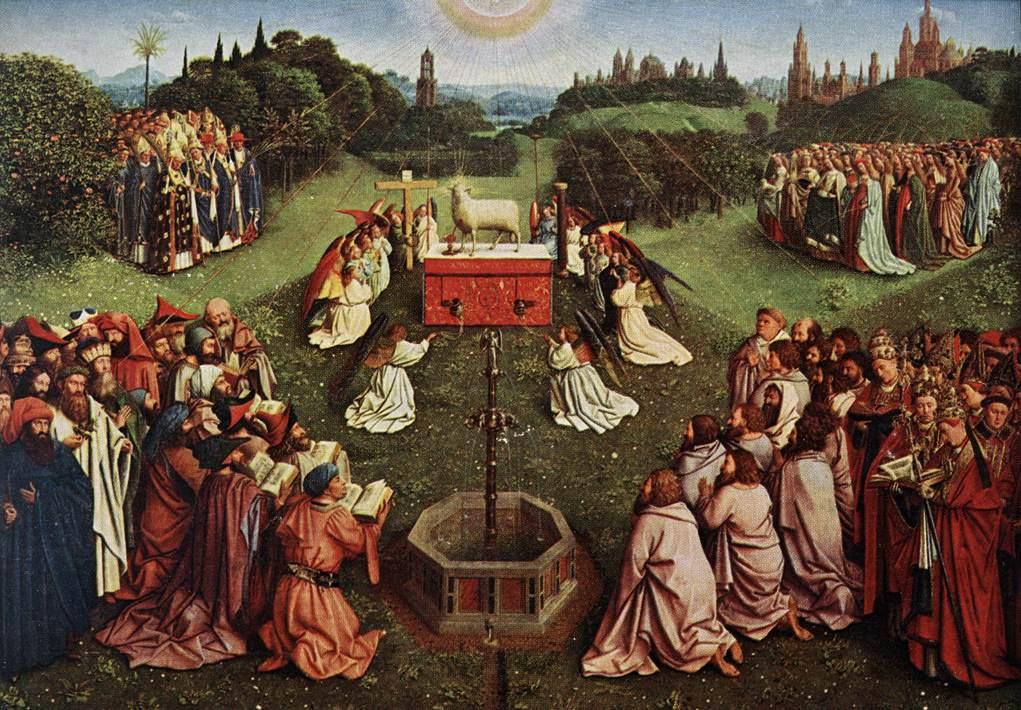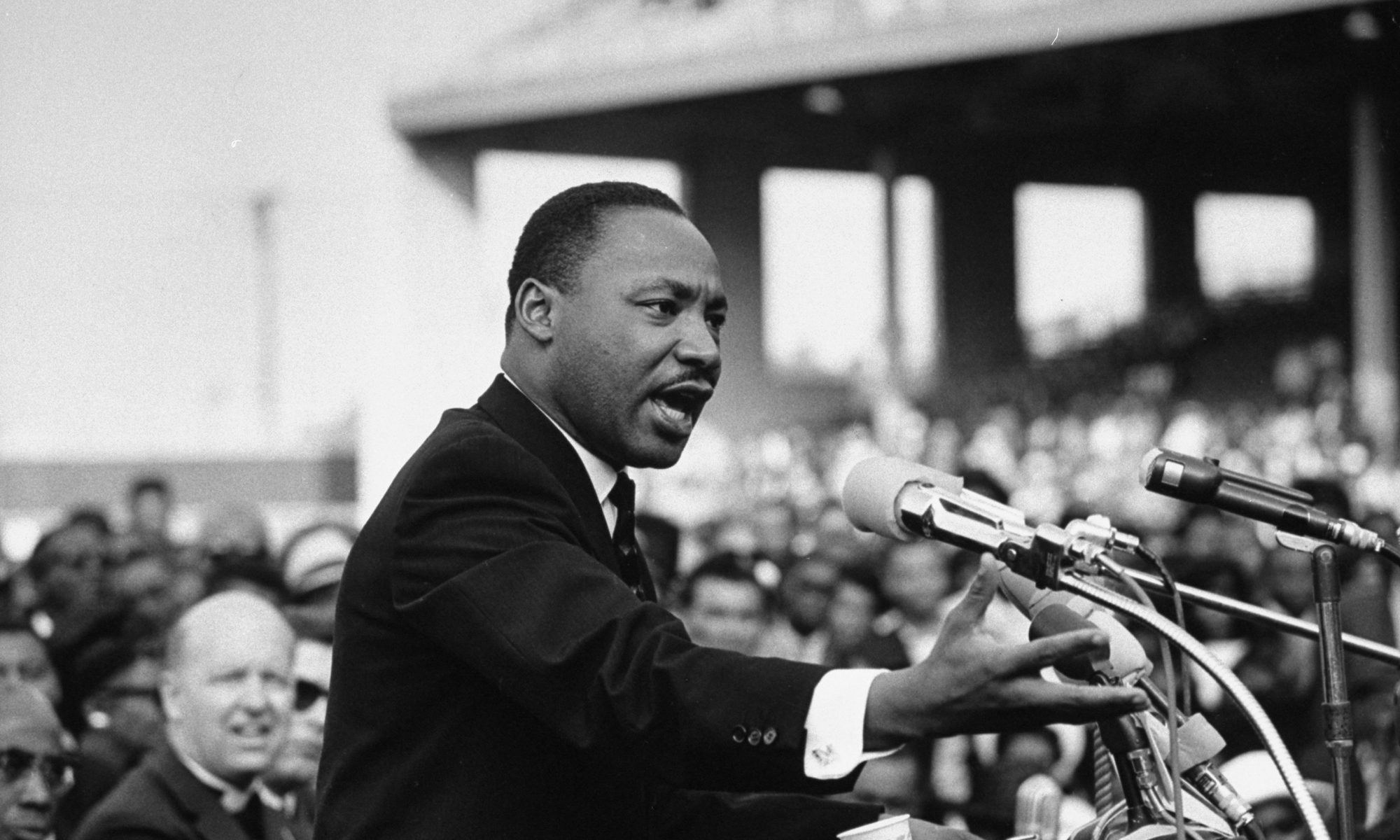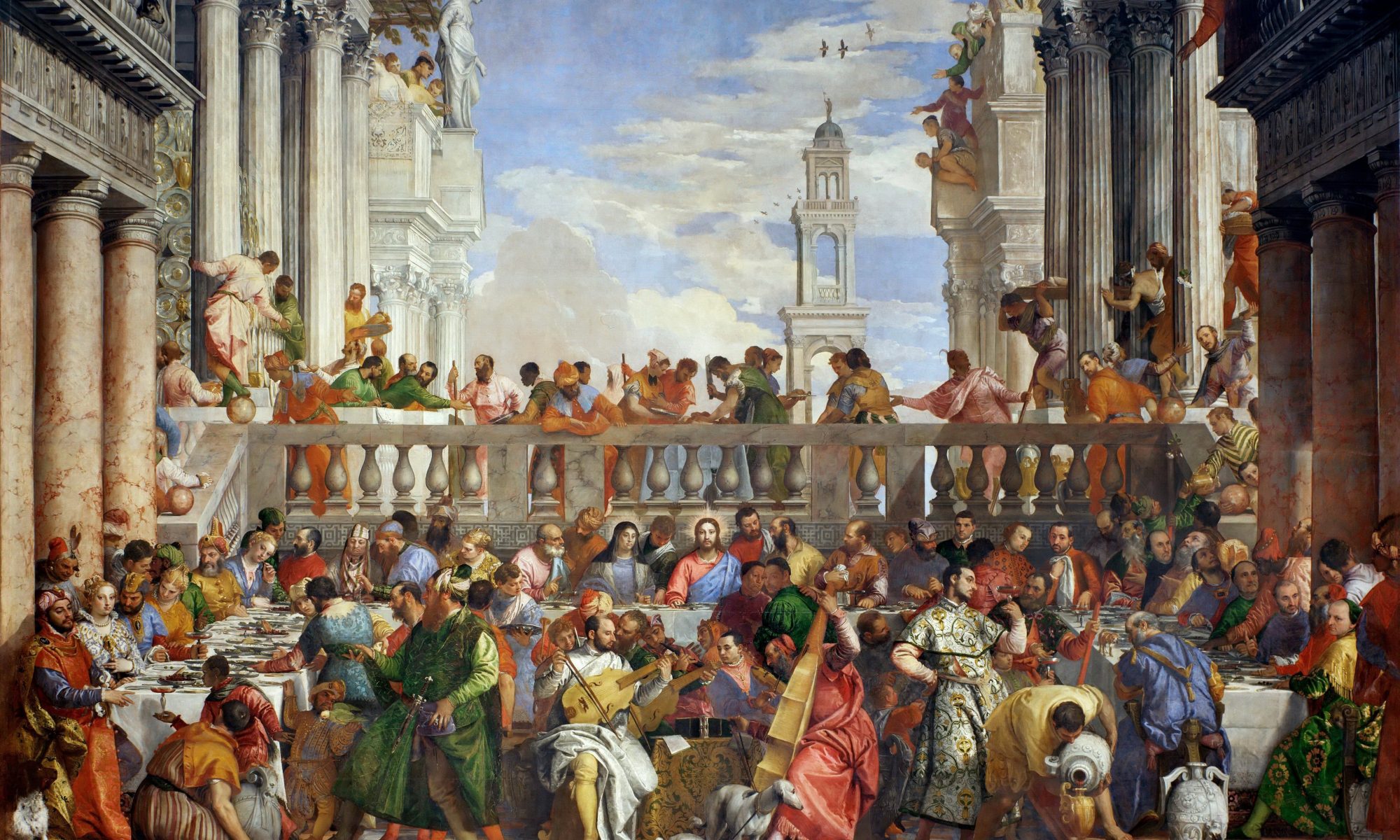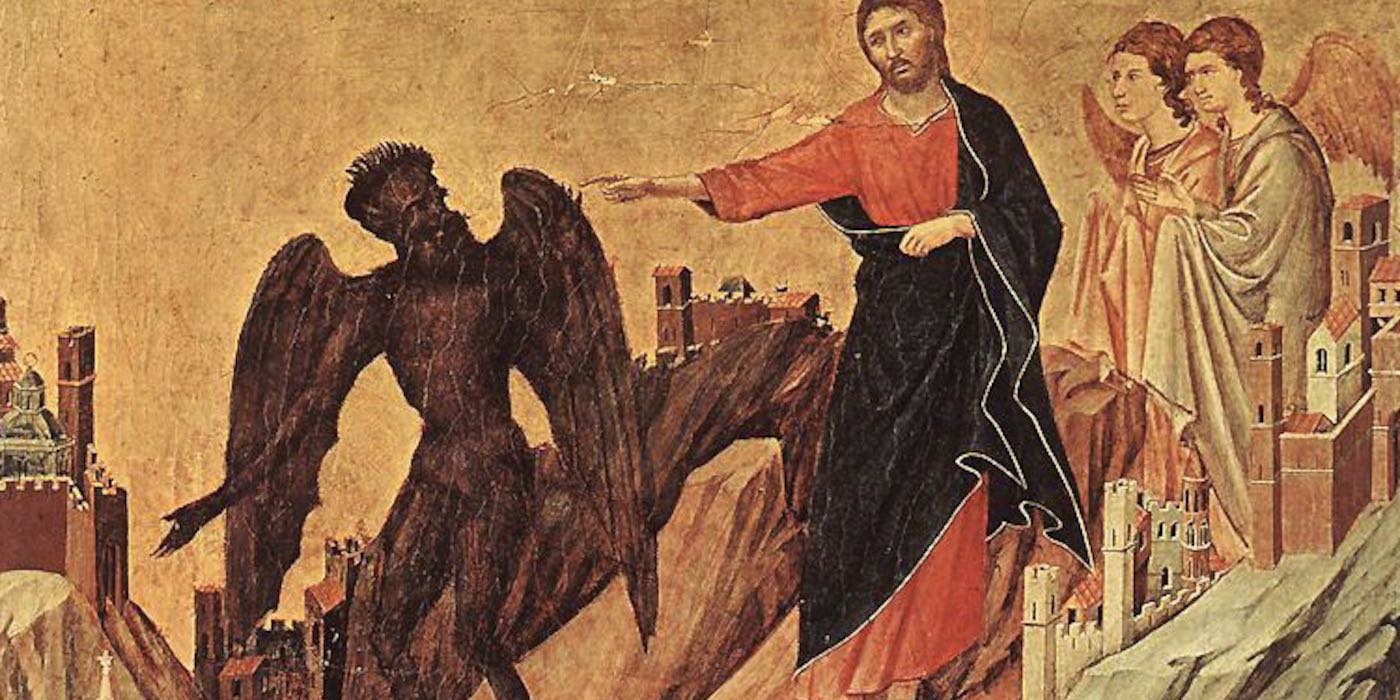The college at which Mike and I teach recently suffered a great loss as a student’s time with us in this life came to an end. This devotion sprang from the conversations, Scripture study, and prayer that resulted from this news. It is being shared here because we know that we have many readers and listeners among the campus family who mourn and pray with us, but not as those without hope. We at LTBF ask that you would keep the student’s family and friends, the college and campus ministry staff, the faculty, and all impacted in your prayers. Christ is risen and Jesus is ever Jesus, He who saves, for us.
Isaiah 45:15
“Truly, you are a God who hides himself, O God of Israel, the Savior.”
God’s omnipresence, that He is in all places, can be both law and gospel. I shudder at the thought of God being present for my every sin. I am terrified at the fact that I have sinned even though I know full well He is present.
God’s omniscience, that He knows all things, can be both law and gospel. It makes me sick to know that God can read my mind. I know the thoughts I’ve had, unintentional and intentional, and they are anything but pretty. How hollow my works must seem if, more than simply seeing their visible appearances, He knows my motivations, which are often much less impressive than appearances would indicate.
Sometimes we like the thought of God’s absence. We can compartmentalize things that way. There are God-things and not-God-things. It helps us avoid paradox, inconsistency, and tension in life and between life and faith. It helps us stay sane. It helps us feel somewhat clean. But God isn’t absent. He hides, but He is never absent.
How does that make you feel? Are you comforted? Is that law or gospel? “Truly, you are a God who hides himself, O God of Israel, the Savior.”
Friends, it is gospel. God hides for us. He wants us to find Him where He reveals Himself, and that is in the gospel, in Word and Sacrament, where He is beyond a doubt there for us with grace and mercy. He wants us to know Him by the crucifix, not by a natural disaster, sickness, or inexplicable tragedy. And yet, even in those things, He is there. He is just hidden.
God knows all things, but He also knows you. He really knows you. He knows you beyond intellectual knowledge. He has descended into the flesh and become you. He knows you and He loves you. In Baptism you have, together with the Church, become His bride. He knows you and nothing He knows keeps Him from being for you grace and mercy. He is present in all places, but in Word and Sacrament, in Christ crucified for sinners, He makes plain that the presence that He wants to define Himself by with you is for you and not against you.
Surely He is a God who hides Himself, but that God who hides is always present, and always present as the crucified and risen One, for us even when everything seems against us, even when it seems for sure that He couldn’t be farther away. Why doesn’t He make His presence known in the natural disaster, in sickness, in the inexplicable tragedy? Because that’s not how He wants us to know Him, even as He promises that none of those things shall separate us from Him.
We live in a fallen world. Sad, terrible, heart-rending, thoroughly fallen things happen here, and we shouldn’t sugarcoat it, theodicize it away, or pretend it isn’t so. Platitudes ring hollow. We live in a fallen world. It is so, and it’s that indisputable, if unacceptable, fact that brought God from heaven to earth, into the mire, and put Him on a cross and brought Him out of His tomb.
Where is God? He is where He promised to be. Find Him, like the thief, on the cross. Find Him, like the frightened women, sprung from the tomb. Find Him, most importantly, in the preaching of the gospel, in Word and Meal. He cannot but be there, because He’s wed Himself to these Means. He cannot but be there for you, because that is the only way He would have you know Him there. In the meanwhile, we take up our crosses, not for salvation, but as those saved through the cross of the One who came to make God known, and to make Him known as compassion, life, and hope, even in the midst of hatred, death, and darkness. “Truly, you are a God who hides himself, O God of Israel, the Savior.”
Wade Johnston

